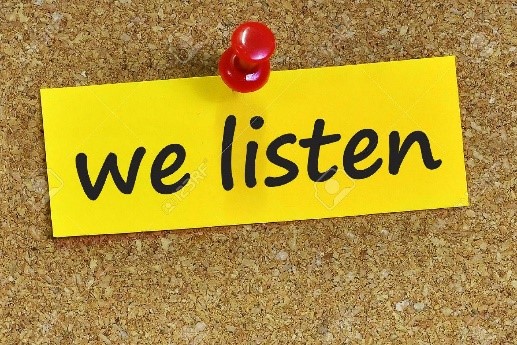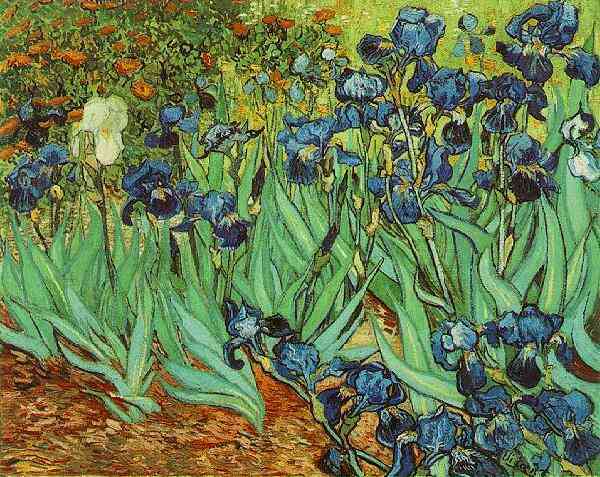
We Educate
Peer-to-Peer and Family-to-Family educational programs provide the information needed to assist and support the recovery process.
PEER-TO-PEER is a unique, recovery education course open to any individual living with a serious mental illness who is interested in establishing and maintaining their wellness and recovery. Classes are designed to encourage growth, healing and recovery among participants. It is taught by a team of two trained leaders who are personally experienced at living well with mental illness.
FAMILY-TO-FAMILY EDUCATION PROGRAM is for families, caregivers and friends of individuals with mental illness. The course is designed to facilitate a better understanding of mental illness increase coping skills and empower participants to become advocates for their family members. NAMI Family-to-Family was designated as an evidence-based program by SAMHSA (Substance Abuse and Mental Health Services Administration).
Learn more on how these programs can assist with your recovery or that of your family and friends on our Educational Programs page.

We Support
Peer Support and Family Support Groups have been instrumental in furthering the recovery of countless people in our community.
NAMI PEER SUPPORT GROUP, developed by people living in recovery, offers peer support in a safe and caring environment. Each support group is led by trained facilitators who have moved forward in their recovery journey with the support of their peers. It relies on strengths of the facilitators and the group participants and less on rigid structure of other support group models.
FAMILY SUPPORT GROUP, is a peer-led support group for family members, caregivers and loved ones of individuals living with mental illness. The hallmark of a NAMI support group is leveraging the collective knowledge and experience of other participants. It can offer you practical advice on addressing issues related to your loved one and gives you the appropriate space to have your personal needs met so that you can provide the best possible care for your family member.
To learn more about how Peer Support and Family Support Groups can impact your journey, visit our Support page.

We Advocate
There are many ways to get your voice heard. NAMI’s In Our Own Voice program is just one method of advocacy in our community that change attitudes, assumptions and stereotypes about people with mental health issues.
IN OUR OWN VOICE, unmasks mental illness, using speaker stories to illustrate the individual realities of living with mental illness. You gain a better understanding of what it is like to live with mental illness and stay in recovery. Trained IOOV speakers are individuals living in recovery from mental illness.
Learn more about scheduling an In Our Own Voice presentation for your group or business on our Advocacy page.
The Story Behind the Iris
Courtesy of NAMI Wisconsin

The National Alliance on Mental Illness (NAMI) adopted the Iris as its emblem after the historic sale of Les Irises, a painting by Vincent van Gogh, in 1987. Les Irises was painted in the garden of the asylum at St. Remy, in the south of France, in May 1889 when van Gogh was having his most desperate battle with a mental illness, now believed to have been schizophrenia. From the asylum he wrote numerous letters to his brother Theo. In one of these letters, Vincent wrote a haunting account of his illness: “As for me, you must know I shouldn’t precisely have chosen madness if there had been any choice? What consoles me is that I am beginning to consider madness as an illness like any other, and that I accept as such.”
During this period of his life, van Gogh reportedly painted at a frantic pace. He was discharged from the asylum, but the illness recurred and the following year he committed suicide. His paintings from this period are regarded by experts as his greatest works. Throughout folklore, the iris has been regarded as the symbol of faith, hope and courage, one for each of its three sets of petals, and was given as encouragement to anyone who was suffering.



